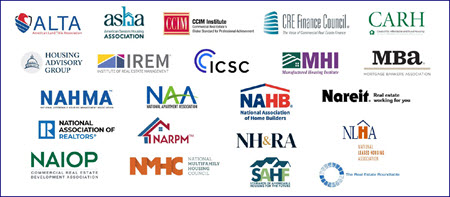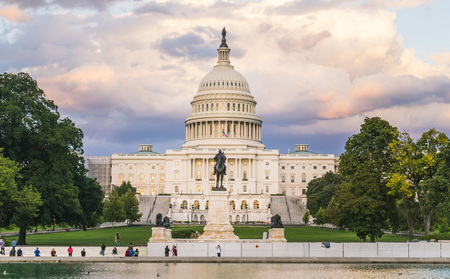
Yesterday, the Senate failed to pass a bipartisan $79 billion tax package, the Tax Relief for American Families and Workers Act of 2024 (H.R. 7024). The House-passed legislation seeks to extend various expiring tax provisions from the 2017 and pandemic-related tax bills. (WSJ, Aug. 1 | The Hill, Aug. 1)
Key Points
- Bipartisan Effort: Senate Finance Committee Chair Ron Wyden (D-OR) and House Ways and Means Committee Chair Jason Smith (R-MO) crafted the Tax Relief for American Families and Workers Act of 2024 (H.R. 7024). The bill passed the House on Jan. 31 by an overwhelming 357-70 vote.
- Senate Opposition: Despite bipartisan support, the bill faced significant opposition in the Senate, where critics argued it failed to adequately address long-term fiscal concerns and prioritized short-term fixes.
- Roundtable Support: The bill included Roundtable-supported measures on business interest deductibility, bonus depreciation, and the low-income housing tax credit (LIHTC).
- Other provisions in the agreement: Reforms to the child tax credit, the expensing of R&D costs, disaster tax relief, a double-taxation tax agreement with Taiwan, and a large pay-for that creates significant new penalties for abuse of the employee retention tax credit (ERTC) rules and accelerates the expiration of the ERTC. (RW, Jan. 19)
Roundtable Advocacy
- In February, The Roundtable and a large coalition of housing and other real estate groups sent letters to Congress in support of the tax bill. (RW, Feb. 16)
- The Roundtable and the Housing Affordability Coalition’s letter emphasized the importance of advancing provisions in the bill that strengthen the low-income housing tax credit (LIHTC)—along with various real estate investment measures that would benefit families, workers, and the national economy.
- The coalition noted how the bill would increase the housing supply as a positive response to the nation’s housing affordability crisis. It would also suspend certain tax increases on business investment that took effect in 2022 and 2023.
Congress will return to Washington on September 9, with several critical legislative priorities on the agenda, including decisions on key housing policies and potential new regulations impacting the commercial real estate industry.

